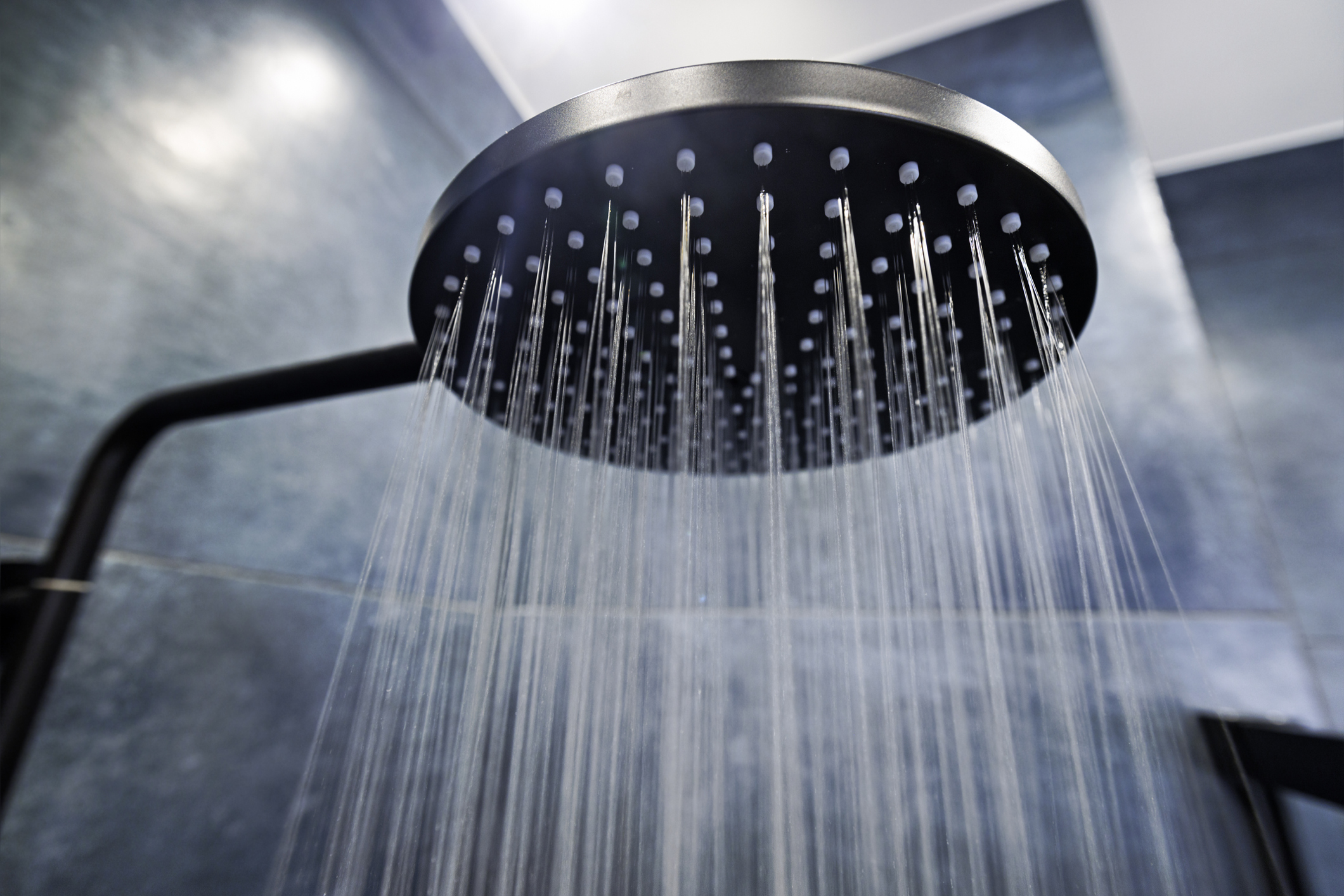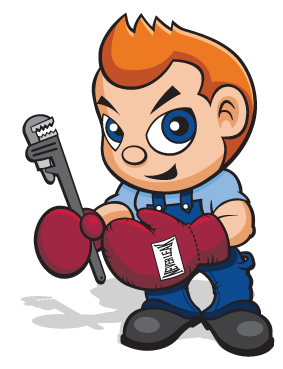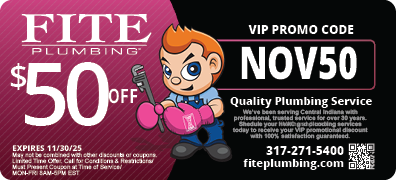Water Softeners
Water softeners are essential devices that help improve water quality in residential and commercial properties. Water softeners remove minerals like calcium and magnesium, which cause water hardness. How do they work? These devices utilize ion exchange or salt-based processes to replace the minerals mentioned above with sodium ions, resulting in softened water. Understanding the benefits of water softeners and the importance of their installation and maintenance is crucial for homeowners and business owners.
Water Softener Installation
Professional installation of water softeners is crucial to ensure optimal performance and longevity. Here’s an overview of the installation process:
Water Assessment: A qualified technician will assess your water supply to determine the hardness level and identify any specific requirements. This assessment helps determine the appropriate type and size of water softener for your needs.
System Selection: The technician will recommend the most suitable water softener system based on the assessment. Various types are available, including salt-based ion exchange, salt-free, and dual-tank systems. The technician will consider factors such as water usage, regeneration cycles, and available space for installation.
Professional Installation: The technician will install the water softener, ensuring proper connections to your plumbing system and a secure setup. They will also configure the settings and thoroughly check to ensure the system functions correctly.
Water Softener Repair
While water softeners are generally reliable, occasional issues may arise that require repair. It’s essential to address these problems promptly to ensure your water softener continues to function effectively. Here are some common water softener repair issues and their potential solutions:
Lack of Softened Water: If your water softener is not producing softened water, there may be a few possible causes. The resin tank may be clogged or damaged, preventing the exchange of minerals. In this case, professional cleaning or resin bed replacement may be necessary. Additionally, issues with the control valve, such as programming errors or valve blockages, can result in a lack of softened water. A qualified technician can diagnose the problem and perform the necessary repairs.
Salt Bridges: Salt bridges occur when a hardened crust forms in the brine tank, preventing proper salt dissolving and regeneration. This can cause the water softener to stop regenerating, resulting in hard water. Breaking up the salt bridge and clearing any debris from the tank are typically required to resolve this issue. Regular cleaning and maintenance can help prevent salt bridges from occurring.
System Leaks: Water softener leaks can occur due to damaged seals, faulty connections, or cracks in the resin tank. Leaks affect the system’s efficiency and can cause water damage if left unattended. It’s crucial to have leaks addressed promptly by a professional technician to identify the source of the problem and perform the necessary repairs.
Electrical Malfunctions: Water softeners rely on electrical components for their operation. If you experience electrical malfunctions, such as a control panel not functioning or error codes displaying, it may indicate an issue with the electrical circuitry or control board. Professional repair and diagnosis by a qualified technician are necessary to identify the specific problem and restore proper functionality.
Poor Water Pressure: Sometimes, a water softener may cause a drop in water pressure throughout the plumbing system. This can be due to a clogged resin bed or a malfunctioning control valve. A thorough system inspection and cleaning can help address the problem and restore normal water pressure.
Experienced professionals are the best choice for water softener repairs. Attempting DIY repairs without proper knowledge and expertise may result in further damage or voiding of warranties. If you encounter any issues with your water softener, contact a reputable plumbing service specializing in water softener repair to diagnose and resolve the problem effectively.
Benefits of Water Softeners
Reduction of Hard Water Effects: Water softeners effectively reduce the negative effects of hard water. For example, hard water can cause mineral buildup in pipes, appliances, and fixtures, reducing efficiency, clogs, and damage. Softened water helps extend the lifespan of your plumbing system and appliances, saving you money on repairs and replacements.
Enhanced Cleaning and Efficiency: Softened water improves the effectiveness of soaps, detergents, and cleaning agents. It allows for better lathering and rinsing, leading to cleaner and brighter laundry, dishes, and surfaces. Softened water also prevents the formation of soap scum and scale, making cleaning tasks easier and more efficient.
Softened Skin and Hair: Hard water can leave a residue on your skin and hair, causing dryness, irritation, and dullness. You can enjoy softer skin, smoother hair, and a more pleasant bathing experience with softened water.


Fite Plumbing welcomes any project, large or small. Don't hesitate to contact us with any questions you may have about plumbing or the services we provide. We look forward to hearing from you.
Indianapolis, Plainfield, Avon, Mooresville, Greenwood, Whitestown , Fishers, Noblesville, Carmel, Zionsville, Geist, Brownsburg, Beech Grove and Central Indiana areas





